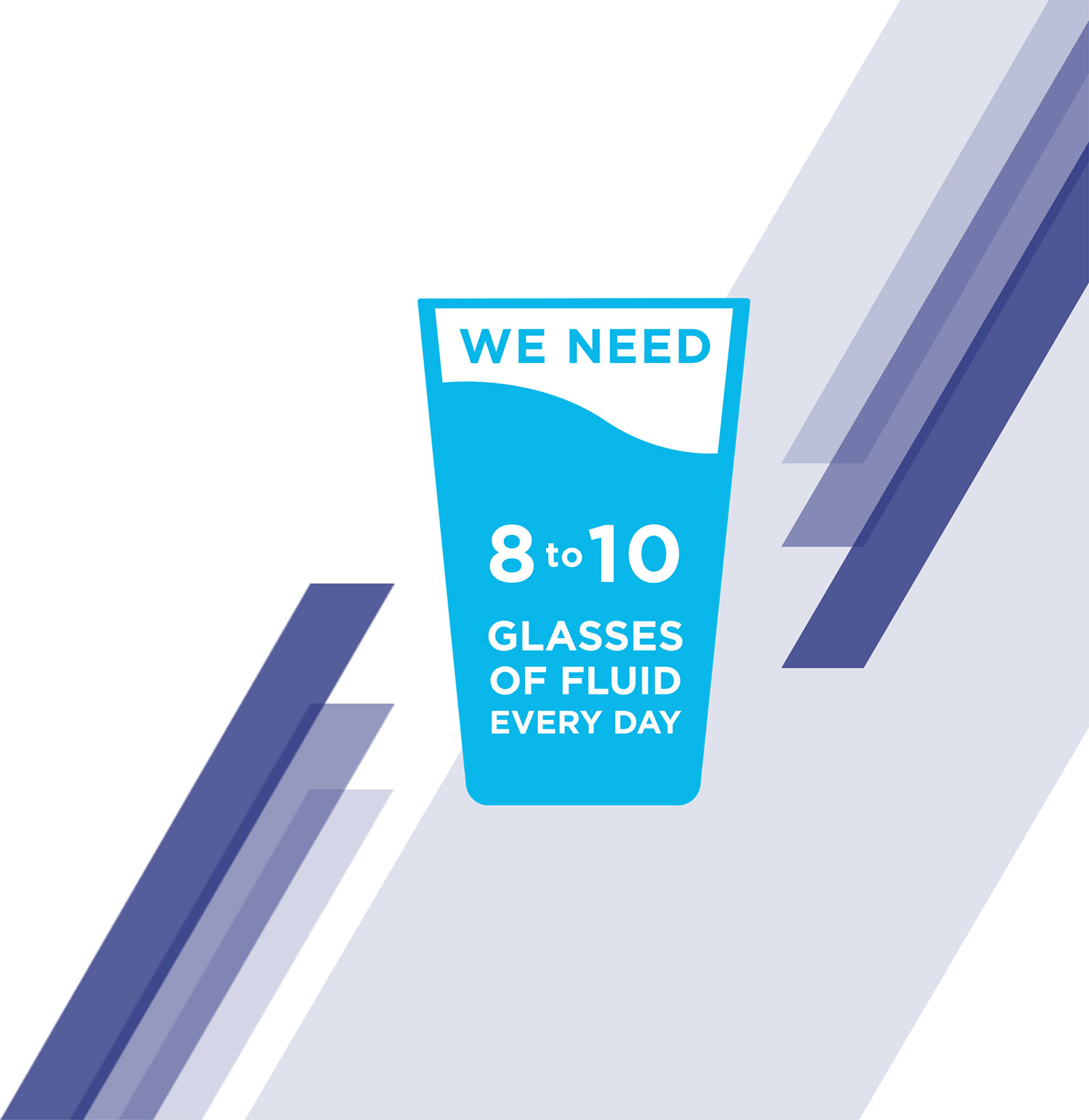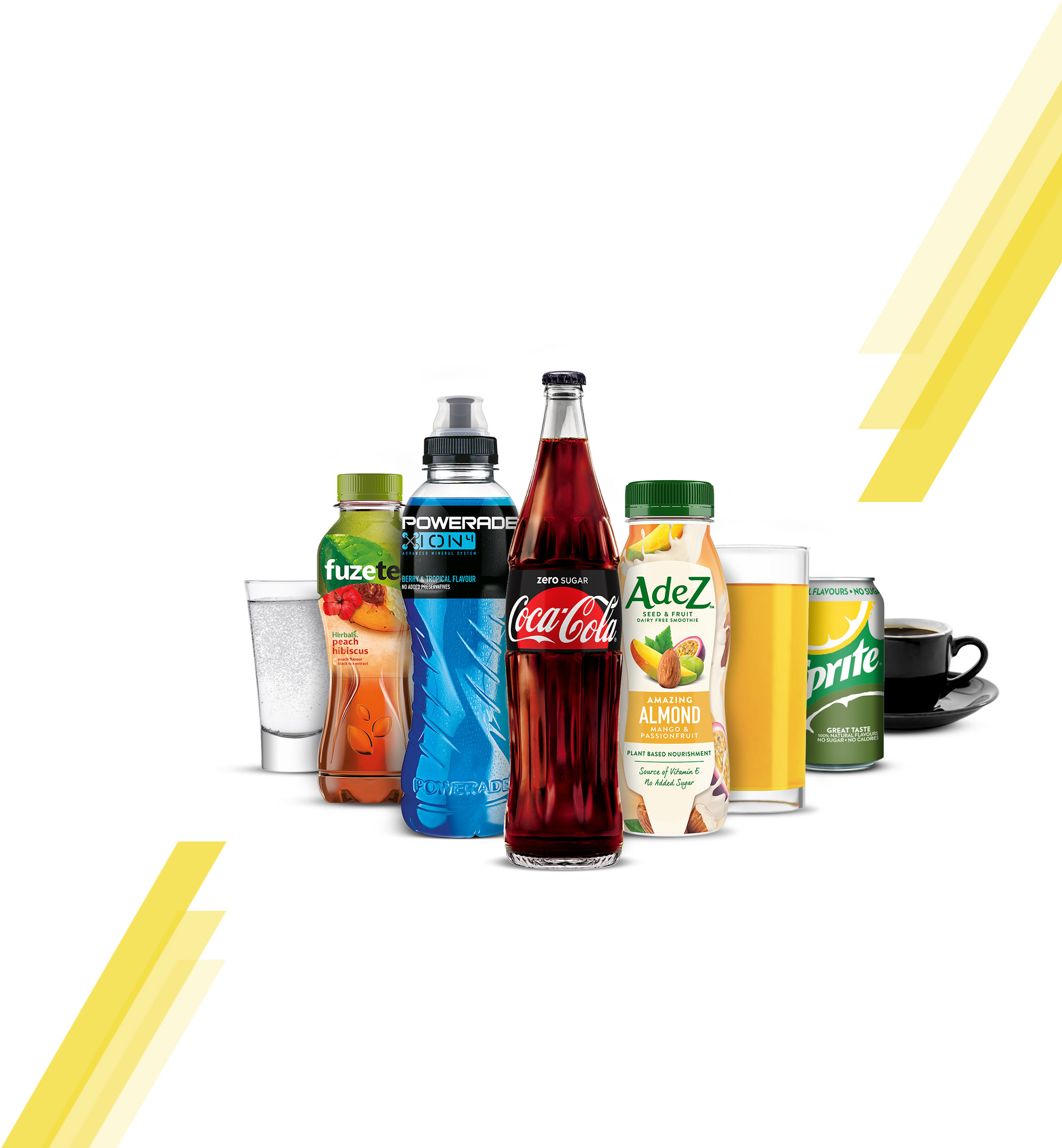We often underestimate the importance and benefit of being hydrated, especially at work. The impact of even mild (1-2%) dehydration can be both physical and mental, reducing a person’s ability to work efficiently and complete tasks safely.
Our bodies are made up of about 60% water which plays an essential role in maintaining our health and wellbeing, so proper hydration is essential*. Experts recommend we all drink between 8 to 10 glasses of fluid every day*.
If we feel thirsty, that’s often a sign that we’re already dehydrated, and can lead to symptoms such as:
- headaches
- weakness
- dizziness
- fatigue*

Keeping our bodies adequately hydrated is extremely important, but often neglected. Many of us arrive at work already dehydrated and remain so throughout the working day*.
Water is a great solution of course, but we know that if water is the only option available, consumers can get bored and not drink enough.
There can be a significant increase in beverage consumption, and therefore optimal hydration and performance, when there is a wider choice of drinks readily available in the workplace*.
(*InSites Consulting 2018)

While all beverages hydrate, some also provide important nutrients that our bodies require to help us at work*. Some can provide a boost of energy and increase our focus and performance, others simply satisfy our natural desire for great tasting beverages. All can positively affect a worker’s emotional state and lead to greater satisfaction and productivity.
Of course, we also have a responsibility to ensure that overall calories can be managed with, for example, clear nutritional information on pack to help people make the right choices for themselves.
Therefore, it’s essential to offer the right and balanced range of drinks in the right options to meet employee needs throughout the working day, and help support their overall health and wellbeing.
HYDRATION SCIENCE PAPER HYDRATION STUDY VIDEO1) EFSA Panel on Dietetic Products, Nutrition, and Allergies (NDA); Scientific Opinion on Dietary reference values for water. EFSA Journal 2010; 8(3):1459. [48 pp.]. doi:10.2903/j.efsa.2010.1459. 2) Lieberman H. 2007. Hydration and Cognition: A Critical Review and Recommendations for Future Research. Journal of the American College of Nutrition, Vol. 26, No. 5, 555S–56. 3) Kenefick RW, Sawka M. J Am Coll Nutr 2007;26:597S-603S. 4) Mears S.A., Shirreffs S.M. Assessing Hydration Status and Reported Beverage Intake in the Workplace. American Journal of Lifestyle Medicine, 2015 vol. 9 no. 2 157-168. 5) Kenefick RW, Sawka MN. Hydration at the work site. J Am Col Nutr. 2007;26:597S-603S.
